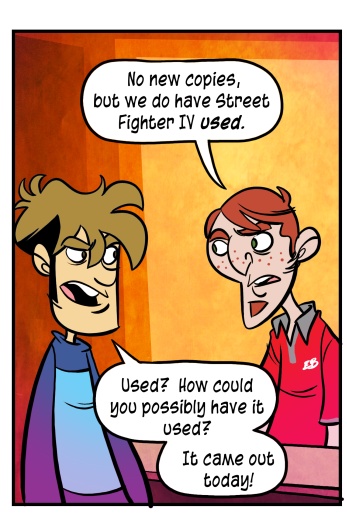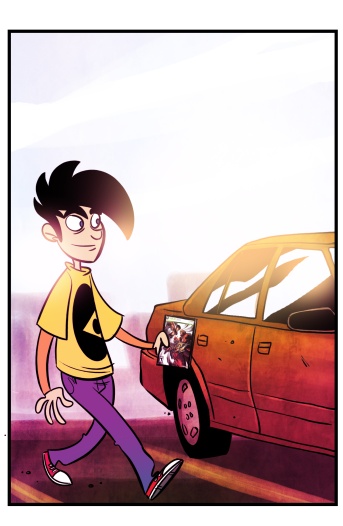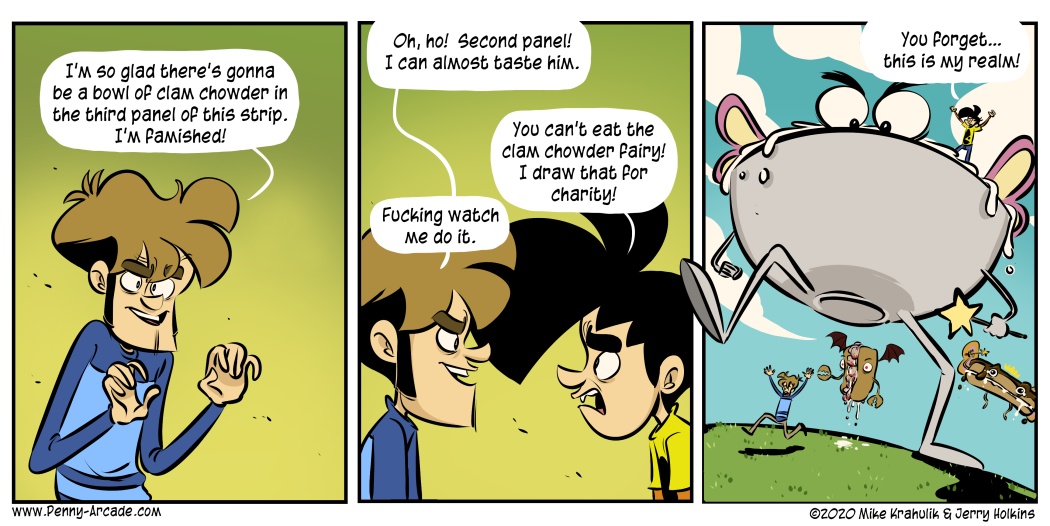A quick call to Electronics Boutique on Wednesday established a scenario in-line with my own expectations: they did not have the game I wanted, even though it's Street Fighter IV, a product which they could reasonably expect to sell. I half expected to be offered a used one, even on launch day. It's not impossible.
Street Fighter 4 has been a gratifying experience thus far, but a short trip through the manual reveals a game we're not even playing yet - one with hundreds of knobs, levers, and switches, vast in its mystery. The question before us now is straightforward: do we want to become the sort of creatures who, like ugnaughts, might navigate its secret tunnels with ease? It is within our power, certainly: we've internalized many structures of this kind, with varying levels of difficulty. Guilty Gear came to us quickly. Virtua Fighter, less so.
Eventually the top layer of all fighting games begins to exhibit similar characteristics - at first. In this primordial epoch, there's sufficient chaos to smooth out some disparities of skill. Everyone is enjoying themselves, discovering new characters and maneuvers. Then, either by accident or natural progression of ability, one of the players breaks through some false wall and reveals the labyrinthine reaches of a subterranean civilization. That is happening, right now, as people explore Focus Moves. I'm afraid to follow them in.
Some time with Halo Wars the other night answered a question I had, and it seemed to me that you might be wondering the same thing: namely, how co-op works mechanically. I've always been surprised how simply adding another player to a single player game changes the texture of the experience, even when discrete player "roles" aren't systemically enforced. Pork and I used to play Hegemonia obsessively, a game somewhere between a real-time strategy title and a 4X simulator, and without audible communication we settled into logistical and tactical roles. It was truly strange - if we hadn't been playing online, I'd have said that pheromones were somehow responsible. It's almost as though cooperation was critical to our survival at some point.
This is what I was curious about: how it would manage each player's units. Unlike, say, Battle For Middle-Earth II or Command & Conquer 3, Halo Wars doesn't intend to bring the legacy of Real-Time Strategy to consoles. They're not trying to deliver a product that represents the state of the art as it exists on PCs. They're trying to launch the genre itself, as though it were new, which I see as philosophically distinct. What this means is that there's a lot of "select all units" and then "attack target," as it was in days of old. It also means that RTS veterans may not find the game they want here. I suppose that's neither here nor there.
When you select all units in co-op, you only select your units. You each have your own, uniquely colored. You both have control over bases, and can customize their pads at any time, but when a unit is created it is automatically yours. Using a simple menu, you can grant to another player units you have created. What it means (or seems to mean, intuitively) is that when played in this fashion, the tactical palette is inherently more elegant - closer to some luminous archetype, more itself.
(CW)TB out.



